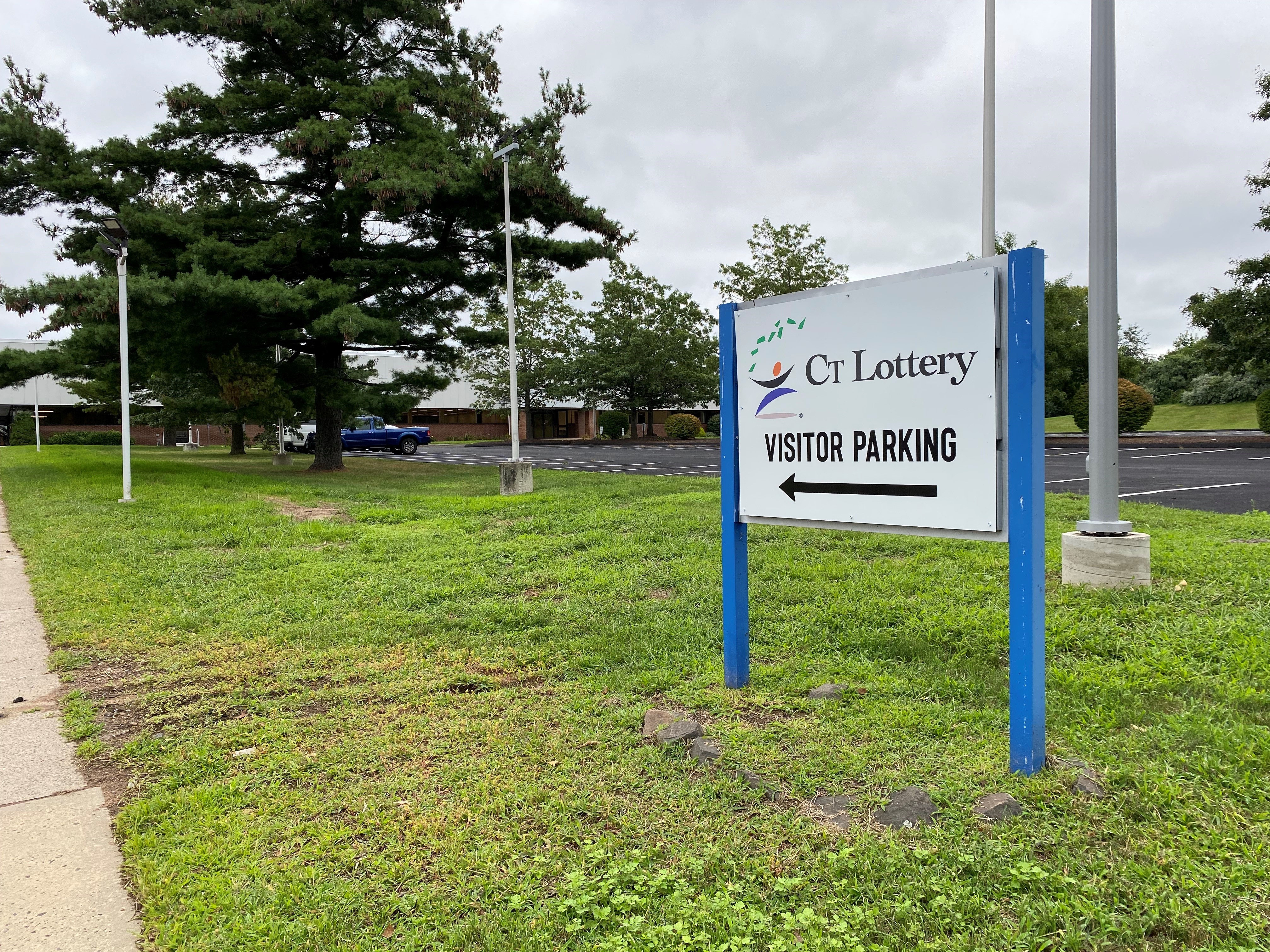More than 1,400 people in Connecticut died from drug overdoses last year, and thousands of others have succumbed to addiction in previous years. Their memories are being honored on International Overdose Awareness Day.
At Walnut Hill Park in New Britain, 1,464 white flags mark a life lost to an overdose in Connecticut last year.
Susan Vidro knows how the families of the victims feel.
“From going from planning a wedding, to having to bury my fiancé. Your life won’t be the same,” Vidro, of New Haven, said.
Get Connecticut local news, weather forecasts and entertainment stories to your inbox. Sign up for NBC Connecticut newsletters.
In 2021, her fiancé Jose Antonio Vasquez died at age 52 after smoking marijuana laced with fentanyl.
“Every night I'm sitting in the room and I'm finding myself looking out the window or looking at the bedroom door, waiting for him to come in and say, ‘Honey, I'm home,’” Vidro said. “Your life will never be the same once you lose someone to substance abuse."
Vidro, who has worked as a recovery nurse for 15 years, wishes she had been there to administer Narcan.
Local
“What plagues me day and night is if I was there, I would have known what to do,” she said.
She encourages everyone to learn that lifesaving skill, the same message from state leaders and activists that gathered at Walnut Hill Park on International Overdose Awareness Day.
“I get almost as many fentanyl overdoses as I get Narcan has saved someone's life. So we could have twice as many flags out there, if it wasn't for our amazing first responders who know what to do and the influx of Narcan in our community,” Department of Children and Families Commissioner Vannessa Dorantes said.
Dorantes said DCF works with 13,000 unique families each year, and about 70% of those are impacted by substance abuse.
The Connecticut Department of Public Health points to fentanyl as the root cause of the deadly overdose epidemic, Commissioner Manisha Juthani reporting that fentanyl is involved in 85% of fatal overdoses today.
Juthani said the opioid crisis has only gotten worse in Connecticut. While there were 1,464 deaths in 2022, and another 600 up to June of this year, back in 2012, DPH reports only around 300 overdose deaths.
“Ten years later, it was over 1,500 people. And that number went up every year of the pandemic,” Juthani said.
While 2022 saw a roughly 4% decrease in overdose deaths, state leaders say there is much work needed to address the crisis.
Their proposed solutions include properly storing and disposing medications; raising awareness about the dangers of fentanyl, especially among kids; and learning how to administer Narcan.
They also want to bolster recovery programs, like one in New Britain that trains EMTs as recovery care navigators and enables them to do follow up referrals on overdose calls within 48 hours.
Many state lawmakers are also pushing for people who use to have safer options.
Juthani points to a new vending machine pilot program that will be coming online soon in Connecticut.
“The idea is that whether it is supplies to be able to use drugs safely, whether it's Narcan, whether it's other things that can help treat a wound, that is easily accessible, so that we can help people reduce the amount of harm that is going to be caused to them,” she said.
Democratic State Senator Saud Anwar sees harm reduction centers as an answer, pointing out other places like New York City that have successfully implemented those programs.
We have the second state in the country to have overdose prevention centers. We are working on harm reduction sites. We are working on Harm Reduction Centers in a pilot around that,” Sen. Anwar, (D) 3rd District, South Windsor, said. “However, in its true form, this cannot be implemented because there are federal laws that are restricting us, and these federal laws are outdated.”
As lawmakers weigh solutions, families of victims grapple with immense loss.
“That repeating motion of putting one flag by the other one, it's so easy to forget. So easy to forget that each flag I was holding in my hand, it's actually a life,” one advocate at Walnut Hill Park said. “It was somebody's child, someone's friend, someone’s mother, someone's son.”
Another Connecticut family is honoring a lost brother and son Thursday: Tim Lally, who died from a heroin overdose in 2016. His mother Laura Lally describes how the family had to make the heart wrenching decision to take him off life support after that overdose.
“You know that you brought this this person into the world, and now you have to make the decision, when and how he comes out of this world. I will say as a mother, it’s still nightmares for me, it still keeps me awake at night,” Lally, of Ellington, said.
Meanwhile at the State Capitol Thursday night, Lally will host a vigil, similar to events the family’s nonprofit organization has organized in Connecticut and on the Washington Mall in previous years.
Today I Matter, or T.I.M., will bring their poster project to the capitol, putting the faces of victims on display, and placing the spotlight on the stories behind the statistics.
“We work really hard to bring dignity and respect to people like to him, their families,” Lally said.
The vigil will take place on the Connecticut State Capitol lawn from 7 to 8:30 p.m.



